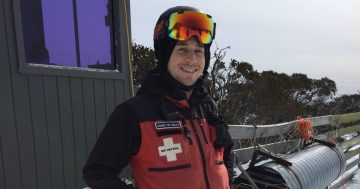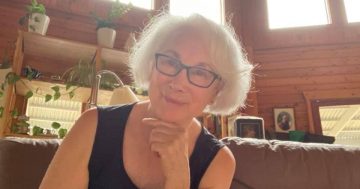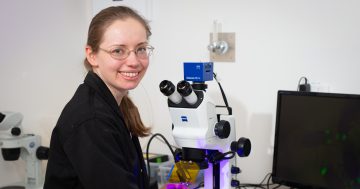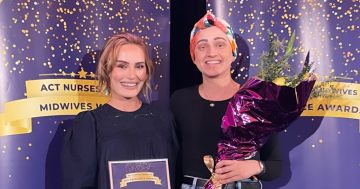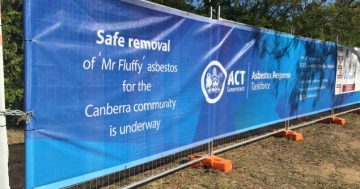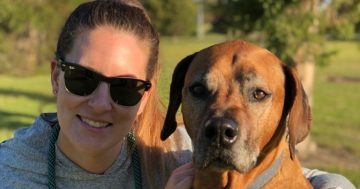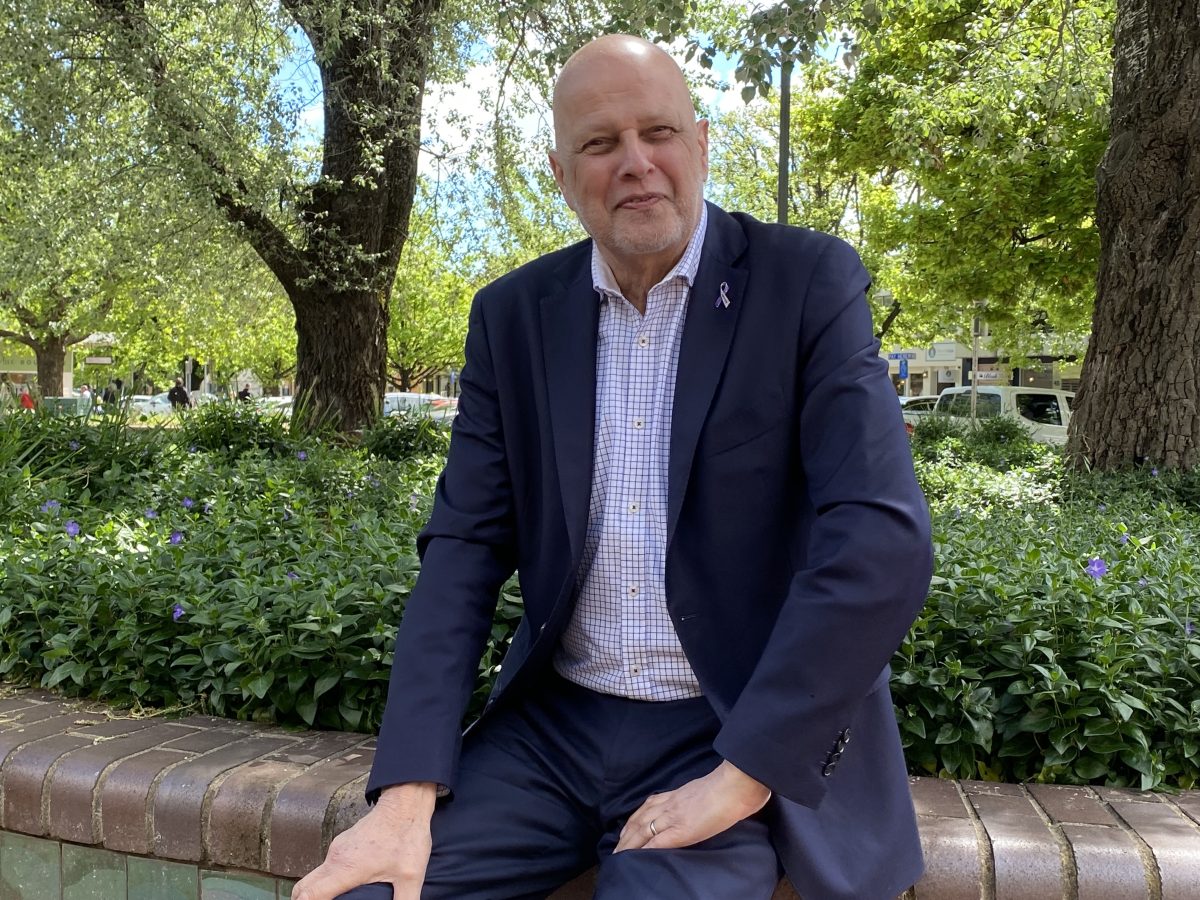
Peter Hilson was first diagnosed with Australia’s deadliest cancer five years ago and wants to raise more awareness about pancreatic cancer. Photo: Claire Fenwicke.
Early in September, 2018, Peter Hilson took himself to hospital after passing blood in the bathroom.
His medical team decided to do a CT scan before he was discharged. That’s when an upper gastrointestinal surgeon said: “Houston, we have a problem.”
“They had detected a tumour of a reasonable size on the tail-end of the pancreas,” Peter said.
“I remember asking him, what’s the best case? He said if you don’t take immediate action … you won’t see Christmas.”
The now 70-year-old was diagnosed with pancreatic cancer, which has been acknowledged as a common cancer in Australia for the first time.
Data from the Australian Institute of Health and Welfare (AIHW) showed incidence of the deadly cancer had doubled in the past 20 years and was predicted to claim more lives than breast cancer in 2023. More than 4500 people will be diagnosed with the disease this year.
Pancreatic cancer has a five-year survival rate of 12.5 per cent, with 80 per cent of patients dying within 12 months.
Since being diagnosed, Peter has undergone 204 days of chemotherapy, made 36 trips to the emergency department, had his spleen removed and discovered he also has cancer of the lining around his abdomen.
He undergoes three days of treatment every two weeks, and has made changes to his diet, exercise and mindset to fight the disease.
Before he was diagnosed, Peter said he felt he had a similar understanding of cancer as the regular person.
“I knew of cancer and that it was nasty, but it’s at arm’s length,” he said.
“I live with cancer but I have no intention of dying from it – stuff cancer.”
Peter wants more conversations not just around pancreatic cancer, but all forms of the disease.
“I think cancer in general needs to be spoken about and addressed in an open way, it’s not a taboo subject … this is something that impacts a tremendous amount of people, so don’t hide from it,” he said.
“The more people who discuss and understand the various forms of cancer, the more likely they are to recognise symptoms.
“People need to understand there are many forms and it mutates, so talk about it, get it out there, raise the awareness and hopefully that will then drive more funds into research.”
It’s an attitude reflected by the Australian Pancreatic Cancer Foundation, PanKind.
CEO Michelle Stewart said the recognition of pancreatic cancer as a common cancer meant it was critical to increase the focus and funding for the disease.
“The deadly outcomes in pancreatic cancer result in limited visibility and reduced public awareness and, consequently, many people do not realise pancreatic cancer is now a common cancer,” she said.
“More high-profile cancers experience survival rates of over 90 per cent while for pancreatic cancer the survival rate is only 12.5 per cent, which drops alarmingly to just 6.8 per cent for people who live in regional Australia.
“It is a devastating disease, and even with the dire statistics, funding for research is too low.”
Peter hopes sharing his story shines a greater light on pancreatic cancer and its early diagnosis.
He said he felt “blessed by the gods” his was even picked up. Apart from passing blood, he had no other signs.
However, other symptoms can include unexplained weight loss, nausea, jaundice and fatigue.
“The problem with pancreatic [cancer] is, once you start to present with symptoms it’s usually too late,” Peter said.
“There’s very little you can do once it starts to spread.
“My personal position is to talk to them [cancer patients], support them and assist to push the government, push the medical fraternity in any way to assist them with raising the awareness and funding.”
He wants more awareness to lead to more funding to create testing not just for pancreatic cancer, but all forms, and hopes these tests can become part of routine GP check-ups.
“We are making progress, but have a long way to go. The more people who can join in on that journey, the better,” Peter said.
Awareness will also be raised at Canberra’s first Put Your Foot Down walk on Sunday (19 November) from 9:30 am, with a four kilometre family and dog-friendly walk, starting from The Jetty on Queen Elizabeth Terrace.
Everyone has been invited to wear purple to raise funds. The ultimate aim is to triple the survival rate by 2030.













